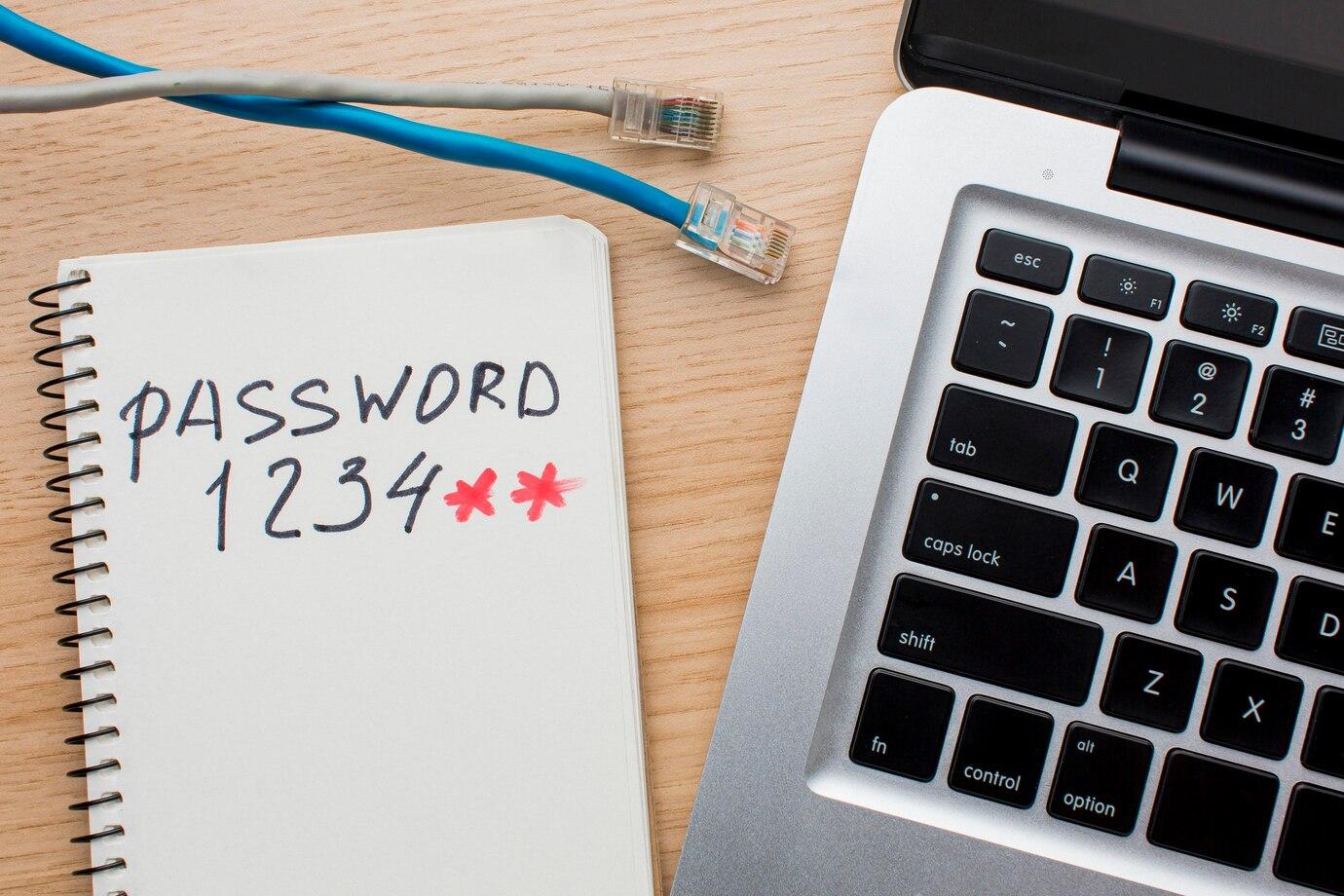In recent years, the problem of online fraud has become one of the most pressing issues for users. Among the many types of deception people face daily, fake services offering account recovery hold a special place. These are scammers who take advantage of the vulnerabilities of users wanting to regain access to their accounts.
Account Recovery Fraud
It's completely normal for users to lose access to their accounts. This can happen for various reasons: forgotten password, hacking, loss of email access. Since many of us use the same passwords for different accounts, losing one can have serious consequences. It's at this moment that scammers see their opportunity. They create websites and offer their fake account recovery services, luring potential victims with the promise of an easy and quick solution.
Scammers often use a psychological trick: they evoke a sense of urgency and anxiety in their victims. Losing access to social networks, email, or other important resources can cause significant distress. As a result, the victim may pay money or provide personal data, hoping for a quick recovery of access.
Scams with Hackers
Naive users may encounter fraudulent offers that "special hackers" can restore account access for a certain fee. Let's clarify that the intimidating word "hacker" is actually used to create an illusion of professionalism. Most often, these offers are made by ordinary scammers who are just playing their game.
These "hackers" often ask their clients to pay an advance for services. After receiving the money, they disappear, leaving the victim without account access and, even worse, at risk of losing personal data. These scammers use various platforms, such as social networks, forums, and online stores, to promote their services. Every visit to such pages carries a potential threat.

Fake Support Services
In parallel with developing fraud schemes, there are fake support services that pretend to be official representations of well-known companies. When a user suddenly loses access to an account and contacts such a service, they may encounter unverified support teams that require login and password to perform their "services".
It is important to understand that real support will never ask for passwords or other personal information. These fake support services can create a fake site identical to the official platform, making it completely believable. They often use phishing methods to obtain confidential data.
Password Recovery Scams
Another common method of fraud is password recovery scams. Here, scammers offer their services for resetting a password, using the naivety and ignorance of users. They may ask to confirm personal data to "verify the client's identity".
Initially, the attackers may act within the law, but as the process continues, they begin to make requests that lead to the disclosure of personal information. After that, they usually just disappear or try to manipulate the data to gain access to your other accounts.
Fake Tech Supports
The problem of fake tech supports has long been on the agenda. Often these "services" use naive phone calls and messages, posing as employees of official services. Scammers may call the user and report identified security threats. After that, they offer their services to eliminate these threats, which ultimately ends with the transfer of personal information or funds.
These fake support services actively use reviews on their pages to appear confident and reliable. They may even have fake certificates and licenses, which also increase the trust in the "services" they offer.

Data Recovery Scams
There are also schemes where scammers offer data recovery: photos, documents, and more. Advertisements for such services can be found on specialized websites or forums. They usually promise to restore information even from the most damaged devices.
However, in most cases, victims lose their money, and the data remains inaccessible. It is important to remember that if something was lost, there is often no guarantee that recovery is possible.
How to Protect Your Account from Scammers
Protecting accounts from scammers becomes a priority task for most users. Here are some simple and effective steps:
- Use strong passwords. Try to combine letters, numbers, and special characters.
- Enable two-factor authentication on all possible accounts. It adds an extra layer of protection.
- Avoid using the same passwords for different accounts. This will prevent problems if one of the accounts is compromised.
- Check website addresses. Ensure you're on the official site by accessing it directly, not through links in social networks or messages.
- Do not provide personal data. Beware of people or services requesting logins, passwords, and other confidential information.
Be cautious with emails and messages. Do not click on links if you have doubts.

Password Recovery Scams
It's important to know that there are a huge number of password recovery scam schemes. Some scammers may use social engineering practices to gain access to your data. They gather information about you from open sources and try to tailor their "services" to your needs, presenting themselves as more preferable than other services.
Users often lower their guard when someone seems "friendly". No reliable support service will contact you first about personal matters. Respond to such messages with caution and adhere to the security recommendations mentioned above.

With the growth of internet technologies, account recovery fraud continues to rise. Users must be vigilant and cautious to avoid becoming victims of scammers. Simple steps to protect your information, such as using strong passwords, two-factor authentication, and cautious online behavior, will help ensure your safety.


